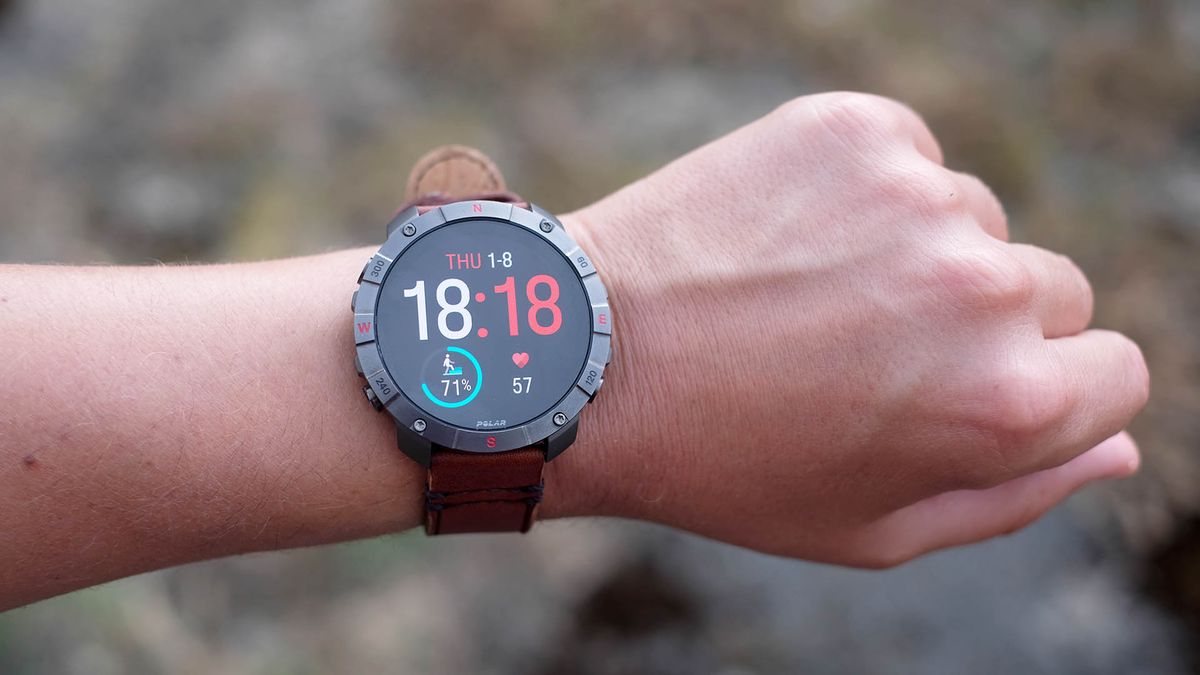Alcoholic drinks should carry a label warning consumers about their cancer risks, the US Surgeon General said in an advisory today.
US Surgeon General Vivek Murthy’s office noted that consuming alcohol increases the risk for “at least seven types of cancer,” including breast, colon and liver.
“Alcohol consumption is the third-leading preventable cause of cancer in the United States, after tobacco and obesity, increasing risk for at least seven types of cancer,” Murthy’s office said in a statement accompanying the new report.
It is responsible for 100,000 US cancer cases and 20,000 cancer deaths each year, more than the 13,500 alcohol-associated traffic crash deaths, it added.
“The direct link between alcohol consumption and cancer risk is well-established for at least seven types of cancer including cancers of the breast, colorectum, esophagus, liver, mouth (oral cavity), throat (pharynx), and voice box (larynx), regardless of the type of alcohol (e.g., beer, wine, and spirits) that is consumed,” the report said.
“For breast cancer specifically, 16.4% of total breast cancer cases are attributable to alcohol consumption.”
How does alcohol increase cancer risk?
There are several ways that drinking alcohol can contribute to an increased likelihood of developing cancer. One is acetaldehyde, a known carcinogen that the body creates when it breaks down the ethanol in alcohol.
“This compound damages DNA and stops our cells from repairing the damage. This can allow cancerous cells to grow,” explained Dr. Therese Bevers, medical director of MD Anderson’s Cancer Prevention Center.
It can also impact our hormones, which are involved in how our cells grow and divide. When that goes wrong, there’s room for cancer to develop.
Drinking also interferes with the body’s ability to absorb nutrients like iron, selenium, folate, and vitamins A, B1, B6, C, D, E, and K.
“These are just a few vitamins and minerals that are responsible for immunity, protecting cells from oxidative damage, reducing inflammation and aiding in DNA synthesis and repair,” explained Victoria Lee, a senior clinical dietitian at MD Anderson.
Being overweight or obese linked with a higher risk of getting 13 types of cancer, according to the CDC, and excess alcohol intake can contribute to weight gain.
Cancer, death and drinking
In September, the American Association for Cancer Research (AACR) reported that 5% of all cancer cases are caused by drinking alcohol.
They also found that 51% of Americans are not aware that alcohol increases cancer risk.
Meanwhile, a 12-year study published in August that tracked 135,000 adults 60 and older found that even light drinking was associated with an increase in cancer deaths. This uptick was most pronounced in older adults who live in low-income areas and have health troubles.
“We did not find evidence of a beneficial association between low drinking and [overall] mortality,” lead study author Rosario Ortolá, an assistant professor of preventive medicine and public health at Universidad Autónoma de Madrid, told the New York Times.
And in 2023, Oxford University researchers published even more troubling research that showed that any amount of alcohol can increase the risk of developing at least one of more than 60 diseases, including more than 30 illnesses not previously linked to alcohol. Those included liver disease, diabetes, gastric ulcers and gout.
More from the Surgeon General’s report
The report also called for the guidelines on alcohol consumption limits to be reassessed so that people can weigh the cancer risk when deciding whether or how much to drink, alongside current warnings on birth defects and impairments when operating machinery.
It further advised public health professional, health care providers and community groups to highlight alcohol as a leading preventable cause of cancer and expand education on the subject.
Murthy’s advisory sent shares in alcohol companies including Diageo, Pernod Ricard, Anheuser-Busch InBev and Heineken down, in some cases over 3%.
Alcohol producers and industry associations, did not immediately share comments.
It is unclear when or if the Surgeon General’s suggestions will be adopted. President Joe Biden’s administration is entering its final two weeks. Murthy could be succeeded by Janette Nesheiwat, a director of a New York chain of urgent care clinics and president-elect Donald Trump’s pick for the role.
Trump, whose brother died from alcoholism and who does not drink himself, has long warned about the risks of drinking. Robert F. Kennedy Jr., Trump’s nominee for Secretary of Health and Human Services, has been open about his past struggles with heroin and alcohol, and says that he attends Alcoholics Anonymous meetings.
The decision to update the label will ultimately be made by Congress.
Murthy’s advisory harks back to early US Surgeon General action on tobacco, starting with a 1964 report that concluded smoking could cause cancer. The report kicked off decades of increasingly strict regulations, starting with US laws on warning labels one year later and still ongoing today.
Alcoholic drinks in the US already carry warnings on their packaging, including that drinking alcohol while pregnant can cause birth defects and that it can impair judgment when operating machinery. These appear in small print on the back of the packaging. This label has not changed since its inception in 1988.
Murthy’s recommendations call for an update to these existing labels, rather than new cigarette-style warnings that are today displayed prominently on the front of every packet.














